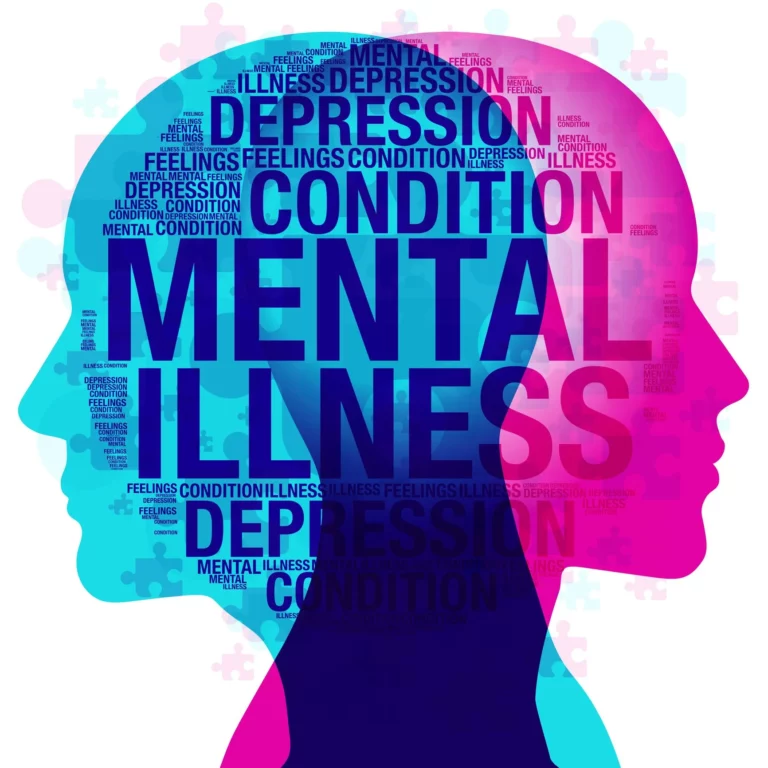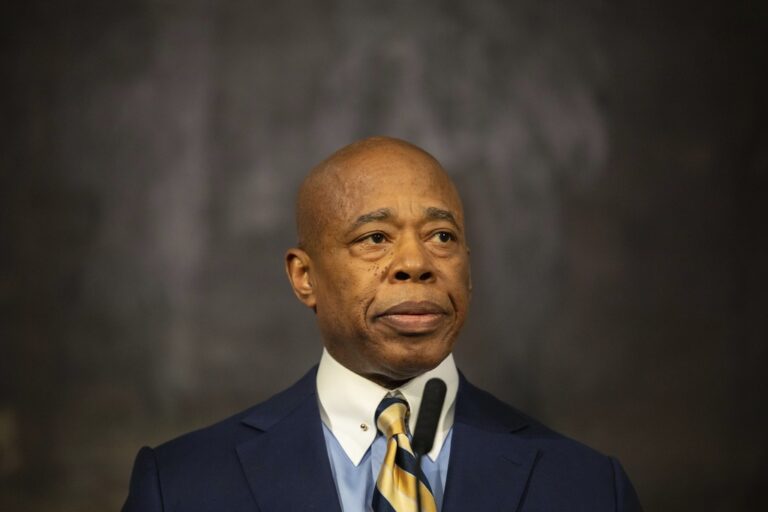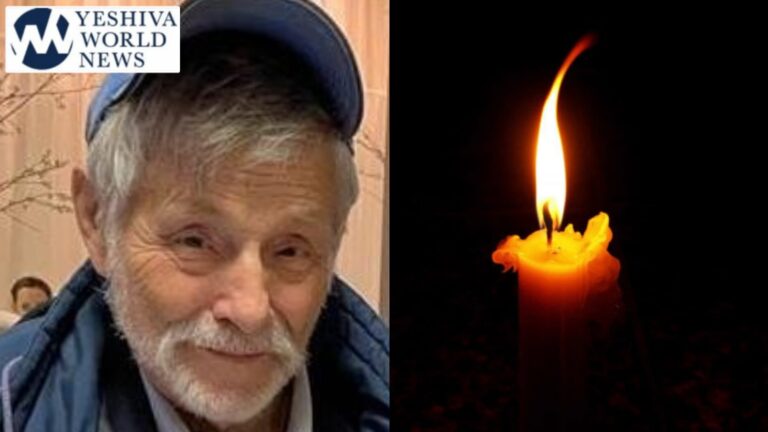A new report by State Comptroller Matanyahu Engelman has painted a grim picture of Israel’s mental health crisis in the wake of the October 7 Hamas-led massacre and ensuing war, revealing that the country’s mental health system collapsed under the weight of soaring demand.
Engelman’s report, released Tuesday, estimates that three million adults—nearly 38% of the population—have experienced symptoms of anxiety, depression, and post-traumatic stress disorder (PTSD) since the war began. However, only 0.6% of the affected population has received professional treatment through health management organizations (HMOs) and resilience centers.
“The mental health system, which had difficulty functioning even before October 7, collapsed in the first days of the war,” Engelman stated.
Despite warnings he sent to Prime Minister Benjamin Netanyahu just weeks after the attack, Engelman says the system has not been fully repaired.
The report follows an April 2024 survey by the comptroller’s office, conducted six months after thousands of Hamas-led terrorists infiltrated Israel, killing 1,200 people and taking 251 hostages.
Engelman’s findings highlight a severe lack of preparation by the Health Ministry, accusing Health Minister Uriel Buso and Director-General Moshe Bar Siman-Tov of failing to update Israel’s mental health emergency plans, despite recommendations made as far back as 2001 by the National Emergency Management Authority.
When war broke out and thousands of Israelis were evacuated, Engelman said, the mental health system failed evacuees completely, operating with no structured approach, relying on volunteer initiatives, and failing to maintain continuity or documentation of treatment.
Among 1,010 surveyed adults, the report found:
- 33% suffered moderate to severe PTSD or depression symptoms
- 20% reported anxiety symptoms
- 900,000 people are expected to seek professional mental health care in the future
Yet, as of March 2024, less than 1% of the population had received mental health services through public healthcare.
While some victims have chosen not to seek professional care, the report identifies multiple barriers preventing those in need from accessing mental health services.
- Long wait times: The most significant issue—six-month waits for psychiatric treatment.
- Privacy concerns: 17% of respondents worried about confidentiality.
- Lack of providers: 5% said they couldn’t find a suitable therapist.
- Resource shortages: A lack of qualified mental health professionals means treatment is not reaching those in need.
“It is unthinkable that people would have to wait in line for six months to receive psychiatric treatment,” Engelman said. “The lack of treatment for such a large number of people reporting symptoms can lead to chronic illness and a decline in functioning.”
Children are among the hardest hit:
- Of the 10,500 children evacuated from Sderot, only 440 (4%) received treatment.
- Among adults evacuated from the south and north, only 11% received mental health care.
The situation is even worse for survivors of the October 7 attacks:
- Just 1% of Nova Festival massacre survivors received treatment, despite reporting double the mental health symptoms compared to those who weren’t directly involved.
- Among ZAKA volunteers, who handled human remains in the aftermath, only 13% received mental health care.
Health Minister Uriel Buso defended the government’s response, saying that tens of thousands of Israelis received emergency mental health care in the largest mass-casualty event in Israel’s history.
“The mental health system has been a central focus of the healthcare agenda since the first days of the war,” Buso said.
Buso dismissed the comptroller’s findings as flawed, arguing that the report relies on self-reported symptoms, which “cannot accurately predict the number of people seeking treatment.” He warned that such reports might fuel unnecessary panic and psychological helplessness.
Professor Jonathan Huppert, head of The Hebrew University’s Center for Trauma Recovery, agreed that not everyone who experiences trauma will need therapy.
“It’s likely that once there is closure, many people will recover naturally,” Huppert explained. “But right now, there is no closure—the trauma is ongoing.”
(YWN World Headquarters – NYC)











